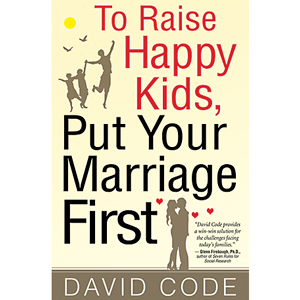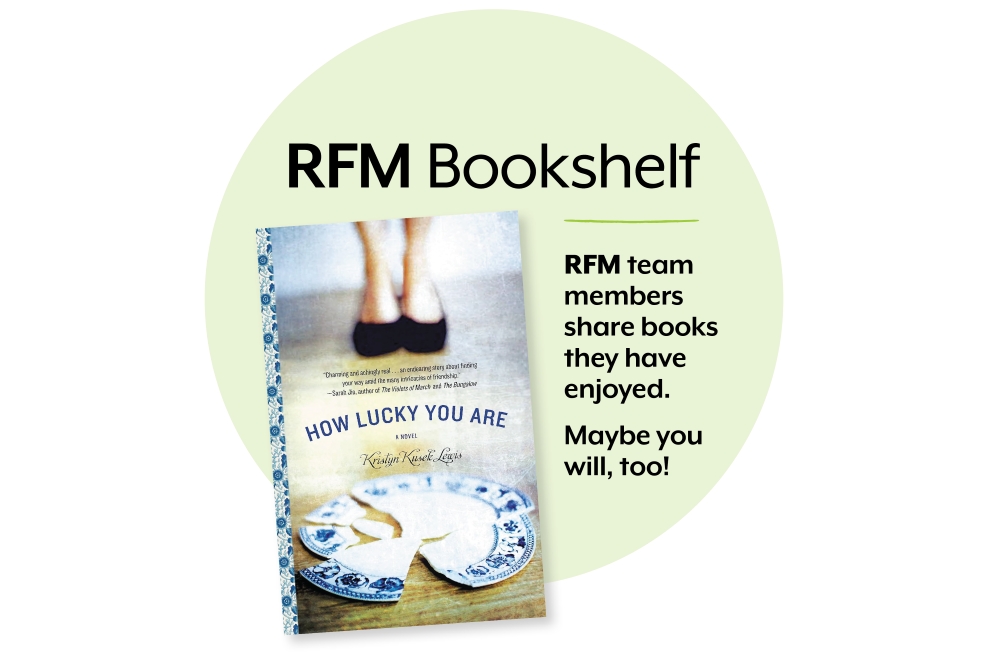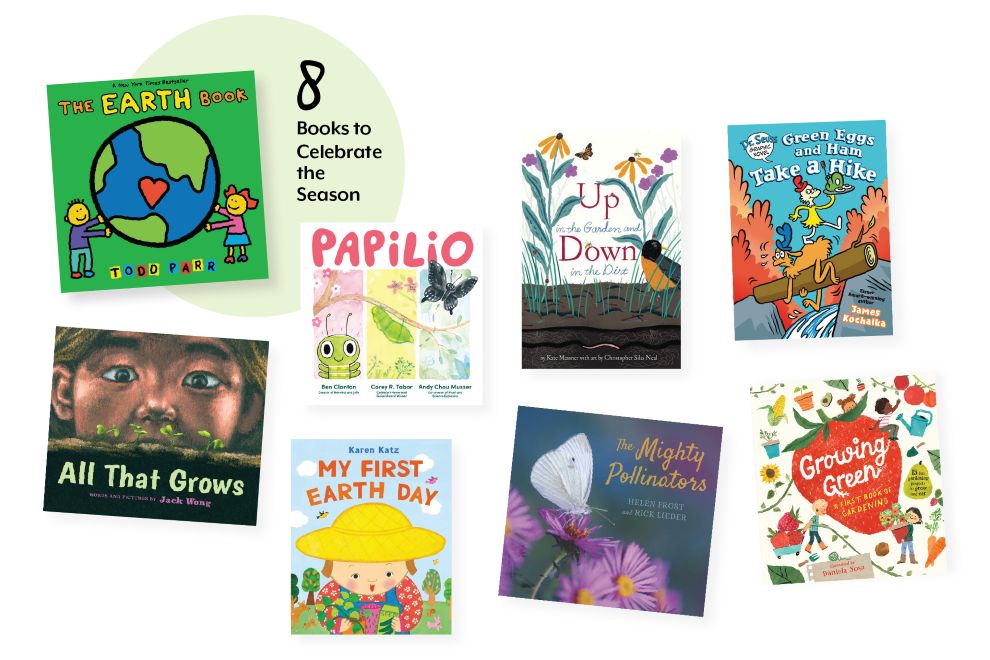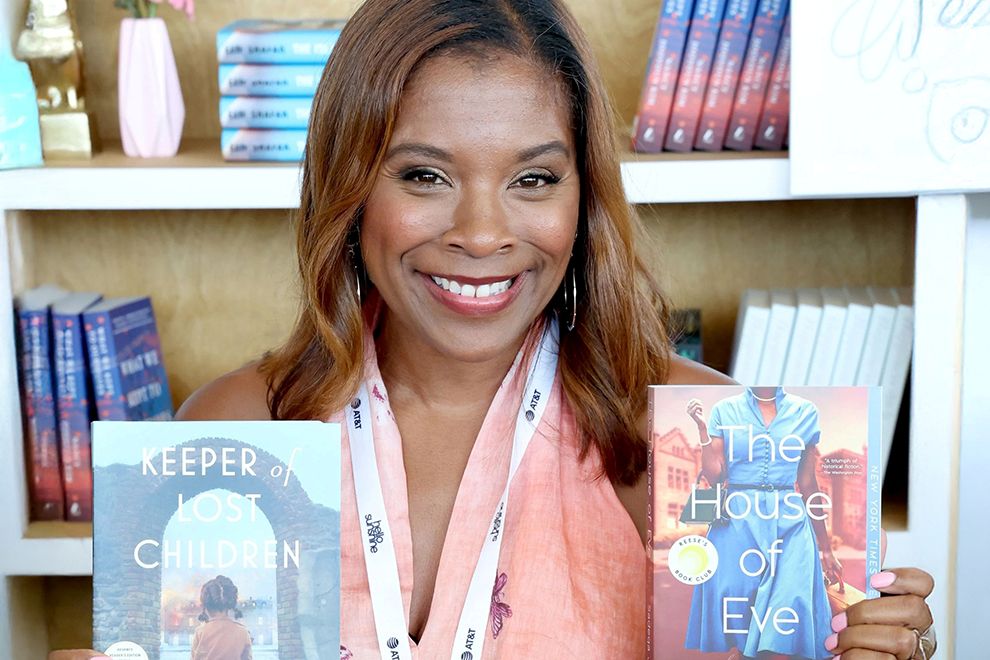 When I told my husband that I was planning to blog about David Code’s book, To Raise Happy Kids, Put Your Marriage First, in honor of our eleven year anniversary this month, he said, “That’s ridiculous. Who ever thought you weren’t going to put the kids first?” While his comment only made me love him more and I feared the book would contain June Cleaver lifestyle changes I couldn’t stomach, I proceeded out of sheer curiosity.
When I told my husband that I was planning to blog about David Code’s book, To Raise Happy Kids, Put Your Marriage First, in honor of our eleven year anniversary this month, he said, “That’s ridiculous. Who ever thought you weren’t going to put the kids first?” While his comment only made me love him more and I feared the book would contain June Cleaver lifestyle changes I couldn’t stomach, I proceeded out of sheer curiosity.
As it turns out, I am so fascinated by this book. I realize I’m supposed to read the parenting books so you don’t have to but I’m going to take the bold step of saying, read this one. To Raise Happy Kids, Put Your Marriage First is that good. Code starts by establishing the harsh reality: “Your children’s problems are much more connected to your marriage than you probably realize.” And it just keeps getting better from there.
While it’s no secret that American marriages are in trouble – a couple getting married these days has less than a 30 percent chance of staying together, Code presents the information on emotional divorce in such a way that it feels like a revelation. He claims, “We like to kid ourselves that we have a good marriage and would never divorce,” when in actuality most of us commit emotional divorce from our spouse every day.
Code’s Three Myths Harming Families:
·The More Attention We Give Our Kids, The Better They’ll Turn Out. Ask yourself – If your child has a problem at school or on the playground, is your first impulse to intervene? Do you find it difficult to see your kid struggling or upset? Do you strive to be best friends with your child?
·Arguing Leads to Divorce. Consider the following – When you and your spouse disagree, do you avoid expressing your feelings and talking things out, preferring rather to “keep the peace”? Do you worry after an argument that perhaps you’re on your way to divorce? Do you sometimes find it easier to spend time with your kids than with your spouse?
·If we feel unfulfilled in our marriage, it’s because we married the wrong person. “The divorce rate for second marriages is 60 percent, and 73 percent for third marriages.” So Code argues that we should stop secretly wondering if we married the wrong person and start rediscovering what made us fall in love with our spouse in the first place.
If you answered “yes” to any of these questions, according to Code, you may have bought into very popular misconceptions. Unfortunately, “We live in denial about our distant marriages and our stressful lives, but all that anxiety can spill over onto our kids, much to their detriment.” Therefore, we need to come to terms with the fact that less is more. Despite all of the helicopter parenting you see nowadays, “there are more troubled kids and more single parents than ever before.”
I’m telling you by the time you finish the first chapter of To Raise Happy Kids, Put Your Marriage First you, too, will have gotten Code’s wake-up call: A fulfilled parent is less needy. “It’s not about how much time we spend with our children, or making them the center of our lives. (That just leaves parents anxious and exhausted.) What matters is our ability to limit the guilt and neediness we bring into the relationship with our children.”
So I’m going to give this win-win approach to marriage-friendly parenting a try. Don’t worry. I’m not going put a bow in my hair before my husband comes home from work or pass on Girls Nite Out so we can spend more time together. As far as I’m concerned, “less is more” should not only apply to one’s kids but to one’s spouse as well. I think that’s why I resisted this book initially. I thought it was going to be all about making my husband happy. Who wants to read to read that, right? I mean, sometimes, it feels like being a mother is all about making other people happy. When, in actuality, To Raise Happy Kids, Put Your Marriage, is about how to make me happy. Because I do still enjoy spending time with the father of my children and I’d like to keep it that way.




